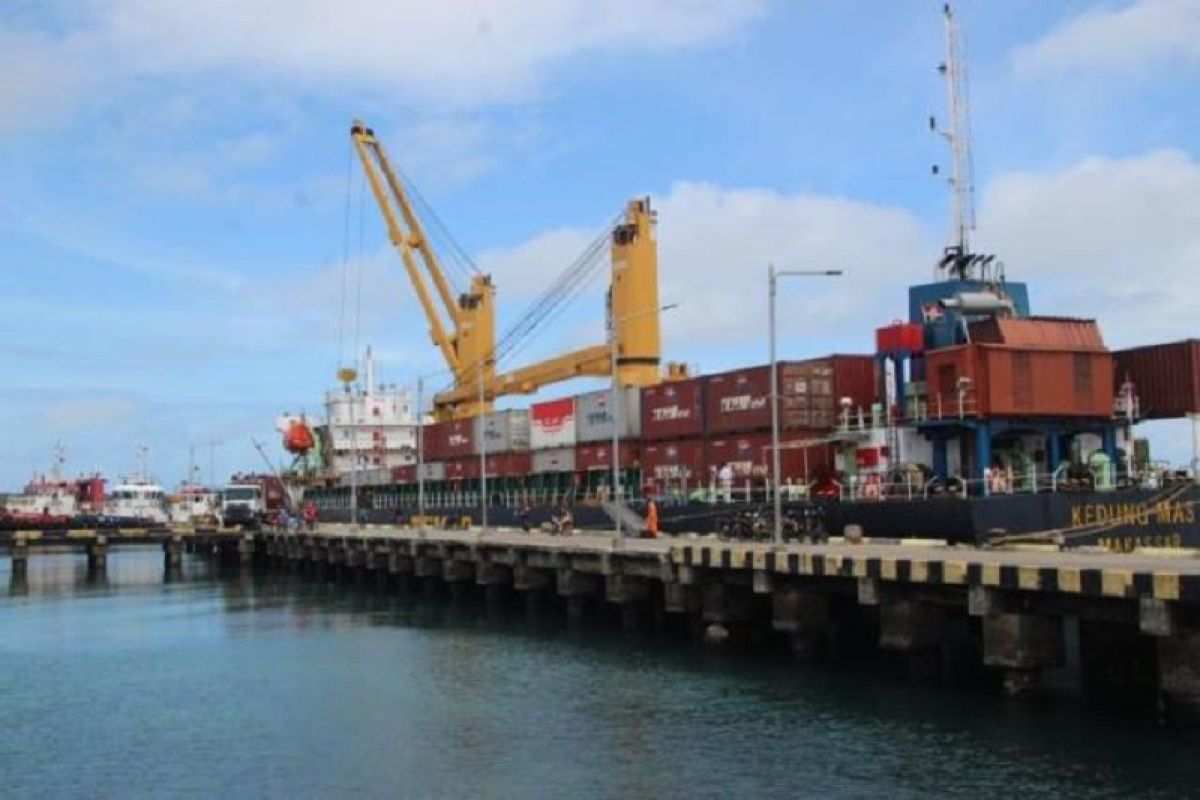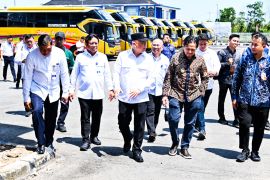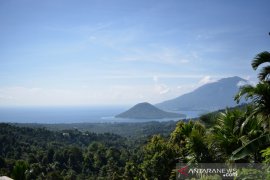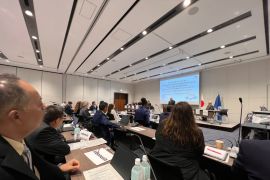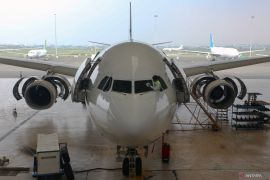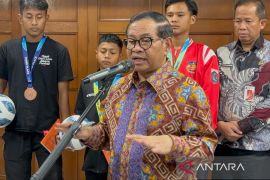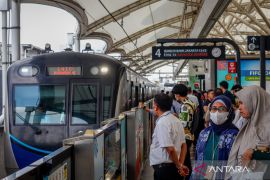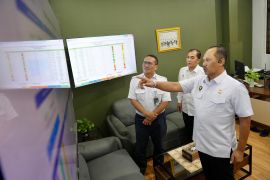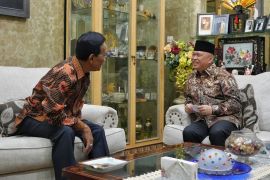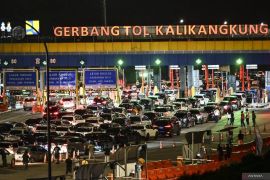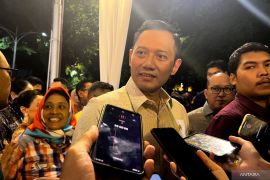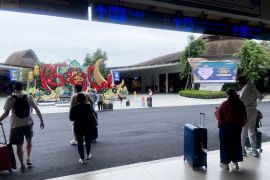The 177 routes comprise 39 sea toll freighter routes, 116 pioneer ship routes, six special livestock transport routes, and 16 feeder ship routes.
The ministry's director general of sea transportation, Arif Toha, stated that the ministry is committed to improving the country's sea transportation services.
In addition, he invited all parties to collaborate and work together to optimize the implementation of sea transportation public service obligations.
"Therefore, support from all parties is needed to continue the inter-island community mobilization, distribution of basic and important goods to underdeveloped, remote, outermost and border areas (3-TP), and distribution of livestock to regions to run well without any obstacles, especially from the availability of sea transportation facilities," he noted in a written statement received here, Friday.
Meanwhile, sea transportation public service obligations are implemented through two procurement mechanisms, namely through the assignment mechanism to state-owned national sea transportation companies and the public auction mechanism to provide business competition opportunities for private national sea transportation companies, he stated.
Toha explained that the implementation of sea transportation in 2023 will be marked by the release of the first sea toll ship KM Kendhaga Nusantara 7 that recently served the T-14 route at the Tanjung Perak Port, Surabaya.
Related news: Minister presses for digitization in sea transportation services
Furthermore, he noted that in general, there are expectations or objectives behind the implementation of every means of sea transportation.
For instance, pioneer ships are means of sea transportation that will focus on accommodating people in 3-TP areas, on account of the absence of means of land and air transportation in the area.
Meanwhile, sea toll cargo ships are regular and scheduled inter-island sea transportation modes starting from the base port to the transit port, especially in the 3-TP area, which is expected to reduce price disparities.
Meanwhile, the feeder ship is intended to serve as a feeder or liaison to ports or places where the main ship cannot stop due to incomplete port facilities.
Moreover, special livestock transport vessels aim to increase the effectiveness of livestock transportation activities and to support food security programs, especially in the field of beef self-sufficiency in Indonesia.
Related news: Ministry pledges to implement on-shore electricity facilities at ports
Related news: Ministry prioritizes environmentally friendly port management
Translator: Benardy Ferdiansyah, Resinta S
Editor: Yuni Arisandy Sinaga
Copyright © ANTARA 2023
